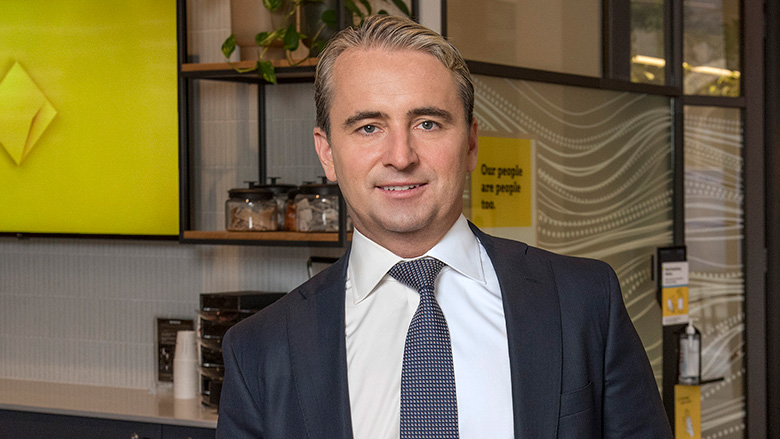Review of the Four Major Banks
Through conversations with our customers and our people, we continue to hear firsthand about the impacts of the pandemic, which is substantial.
We have been working very hard to support our customers through these challenges, with a wide variety of support packages.
For our retail customers, we have arranged over 10,000 deferrals on home loans, and extended our freeze on sales of mortgaged family homes for customers significantly impacted by the latest restrictions and unable to make home loan repayments.
In line with our strategy to become Australia’s leading bank to business, we have had a particular focus on providing strong support for our businesses customers at this time.
After Sydney and Melbourne re-entered lockdown, we made over 20,000 phone calls and sent over one million emails to our business customers with offers of assistance. We have also been delivering free webinars for business customers with guidance on accessing government support packages.
We have lent just under $2 billion in funding to more than 20,000 businesses through the Government-backed SME Guarantee Loan Scheme, while growing our overall lending to business of 11 per cent in the twelve months to June.
In line with all the actions we have taken to support small businesses nationwide, we have announced a new approach to supporting merchant customers accepting card payments.
The committee may recall that last year we wrote to 80,000 merchant customers to promote the benefits of lower cost routing. The approach we offered was not widely taken up. Customers told us they wanted us to manage the complexity involved in delivering these savings.
Under our new arrangements, small businesses will pay a new simple rate that we believe will be the lowest in the market, at this point in time. The rate will be independent of routing and easily compared with those of competitors. This new approach will be both significantly lower cost and simpler than our offerings to date, and we will manage the transfer of customers on their behalf.
In addition to our customers, the wellbeing of those working at Commonwealth Bank has been a foremost consideration in recent months.
We strongly encourage our employees to get vaccinated and we have taken a number of steps to make this as easy and convenient as possible. In the first week of August we initiated a corporate vaccination program to help support uptake for our employees and their families. We have had 1,350 bookings in the last week.
For the last eight weeks we have also provided access to voluntary rapid antigen testing for our customer-facing staff in impacted areas, to ensure employees and our customers are as well protected as they can be.
We recognise that the pandemic has negatively impacted our people’s wellbeing in a variety of ways and so we offer a range of physical, mental, social and financial supports. Recently, we have had a dedicated focus on a number of different activities to support wellbeing. We have seen over 10,000 of our people participate in over 15,000 sessions in recent weeks, and our internal wellness portal includes over 1,000 pieces of curated, evidenced-based content, with interest in newly added resources growing rapidly.
Looking to the economy, we see a number of reasons to be optimistic about the outlook into 2022.
The economy grew by 0.7% in the June quarter, confirming the strong rate of growth prior to recent lockdowns. Our current estimate is for a contraction of around 4.5% in the September quarter, with a partial rebound of just over 2% in the final quarter of the year.
We forecast unemployment of around 5.25% around year end, falling back below 5% in the second half of next year. Importantly, recent data shows that the loss of income from reduced hours worked is being offset by government payments, and Australians continue to accumulate increased savings.
As the RBA has observed, activity in the housing market remains very strong, even after extended lockdowns in the two largest markets. We continue to monitor these developments closely, and have made adjustments to our lending settings. We are also thinking carefully about the impact of these dynamics on particular cohorts of home loan borrowers, including first home buyers.
Lastly, looking forward, a raft of accelerating changes are evident, enabled by digital technology, which are creating new opportunities and risks. We see large companies from outside the sector playing a growing role in delivering financial services, including some services that have not been provided by financial institutions in Australia to date, and which may have significant implications for the financial system and the community.
While these developments are unfamiliar in many respects, the public policy principles that we believe should apply remain the same. They should include: protecting customers, enabling innovation, competition and efficiency gains; while safeguarding a system that is resilient and secure.
Thank you.


